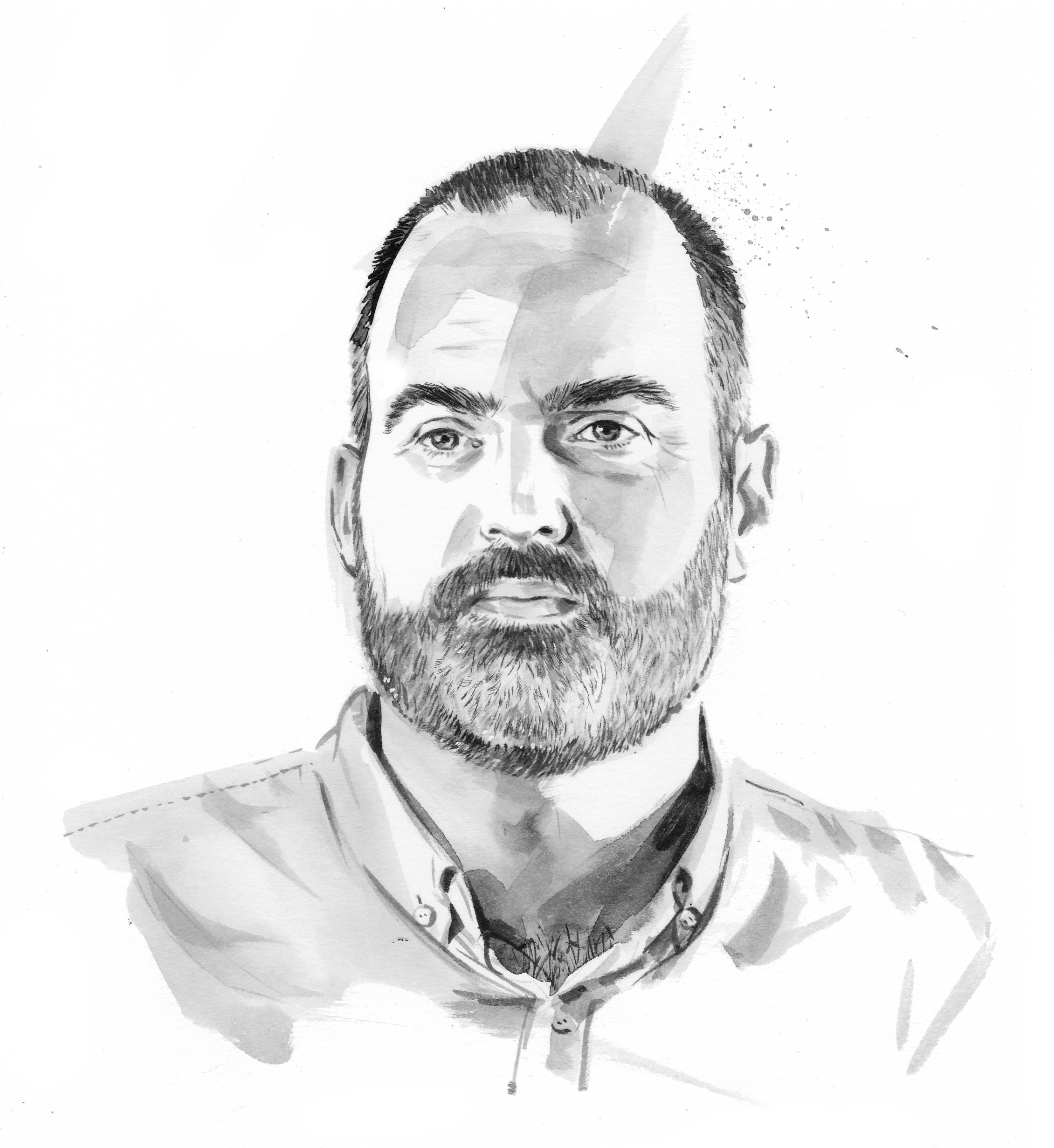One of the few things in education that everyone can agree on is that we want every school to play its part in challenging the “baked in” educational inequalities that can limit young people’s life chances.
The issue for schools, however, is that they do not improve life chances in a vacuum. Those schools with higher levels of pupils experiencing deprivation typically have more challenges than their better-off counterparts.
High levels of absence have been a running issue for many schools, for example, and there is consistent evidence that the attendance of disadvantaged students in secondary schools is worse than their peers. If young people aren’t in school, even the best efforts of the school can come to nought.
It is vital, then, that we maximise the time that pupils spend in school. And yet, schools that are in economic “cold spots” in England find it harder to recruit teachers and that gap is widening.
Practically, this means costs of teacher cover and job adverts can drain money away from the core business of teaching and, in many cases, the quality of that teaching time can be compromised.
Where they live can put young people, and their schools, at a double disadvantage.
New evidence from the US has shown that where you live, and your proximity to a university, plays a big part in your likelihood of going to one.
More from Alex Quigley:
Perhaps this distance away from opportunity for young people dulls their motivation. It is likely that if no other strong opportunities arise - such as apprenticeships - schools will face a harder task in building belonging and making pupils see their school time as purposeful.
The double disadvantage of place can also play out with special educational needs and disabilities (SEND) and alternative provision.
It is common knowledge that there is a postcode lottery when it comes to SEND support. Not only that, alternative provision is lacking in areas with high poverty, which means that many high-need pupils are left to struggle in mainstream settings, with knock-on effects for these young people and their peers.
Positive steps around poverty?
The double disadvantage of a school being based in a high-poverty cold spot is at least recognised in our accountability system though, right?
Well, the stark reality for school leaders is that if you are based in a cold spot, such as Education Investment Areas, which got additional funding back in 2022, then you are more likely to be a school that is judged by Ofsted to be “inadequate” or “requires improvement”.
We have much to do to break the baked in educational disadvantage playing out in so many of our towns and cities. It could mean an accountability approach that doesn’t have low expectations but does recognise the challenges of inclusion.
We can look at the funding levels for the likes of the well-established pupil premium, thereby recognising the additional costs that beset busy schools.
There are positive steps being made by policymakers to end the double disadvantage of poverty and educational disadvantage. One benefit is that they won’t be acting alone - everyone in education will be on their side.
Alex Quigley is the author of Why Learning Fails (And What To Do About It)
For the latest research, pedagogy and classroom advice, sign up for our weekly Teaching Essentials newsletter





